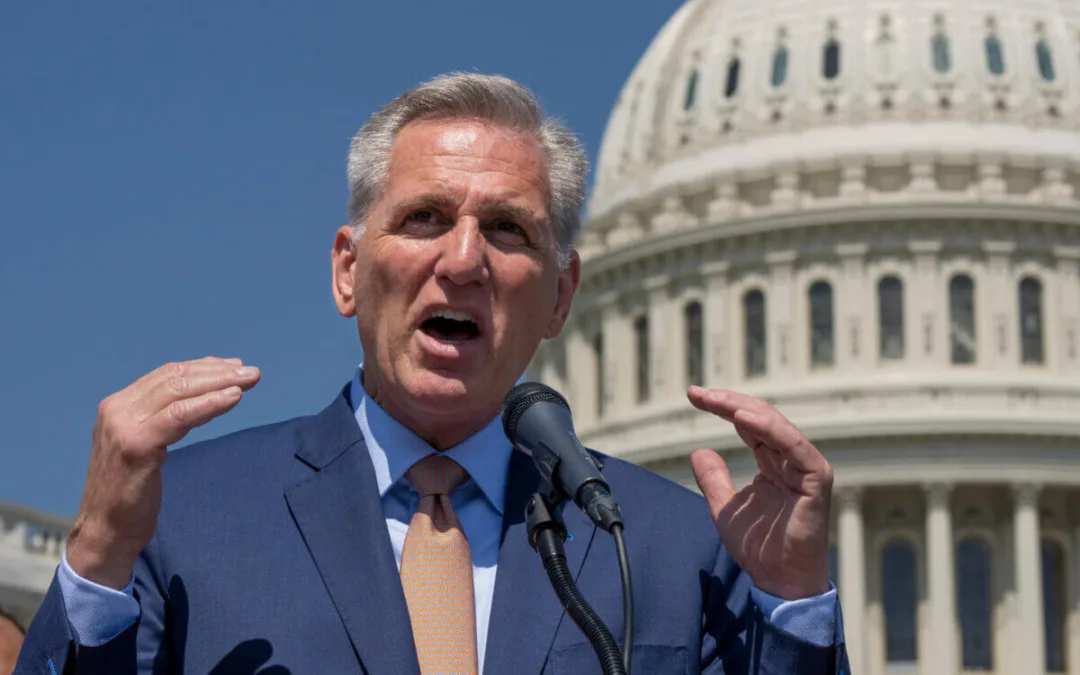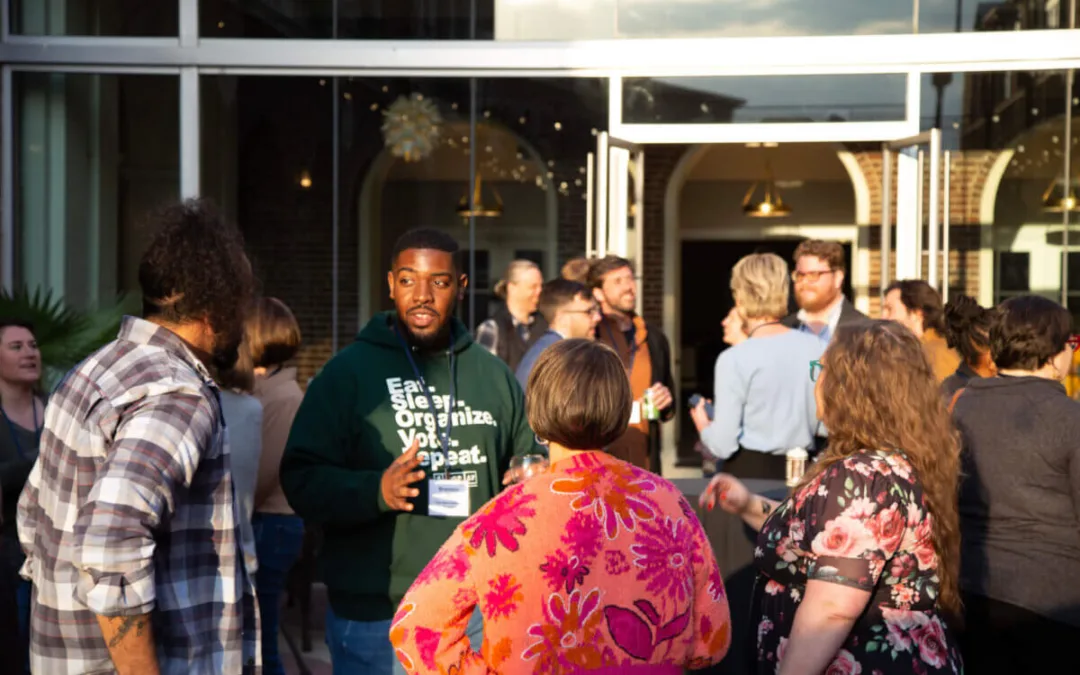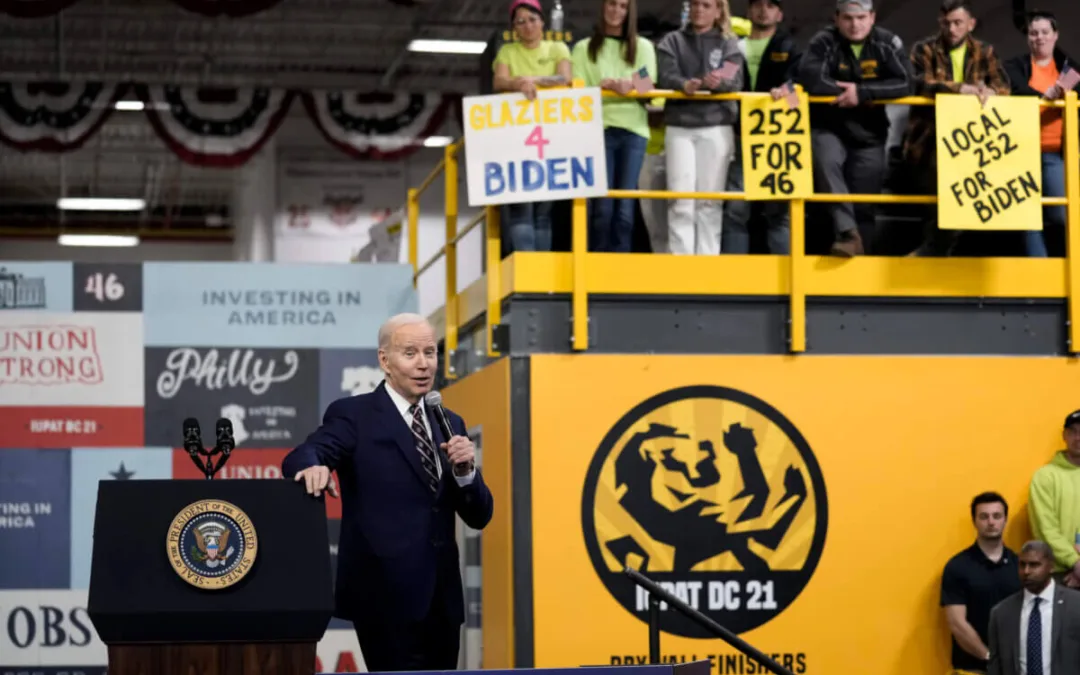
Image via Shutterstock
People living in the streets face a higher risk of exposure to COVID-19, especially those who are older or have chronic illnesses.
They are the men you see sleeping on a park bench, the woman living under a highway underpass and sometimes, more heartbreaking, the children who don’t have a place to call home. At a time when everyone is understandably worried about the spread of COVID-19, they are among the most vulnerable to the world pandemic that White House advisers, and scientific modeling, say could cause 200,000 fatalities in the U.S. alone.
People who are living in the streets face an enormous risk of exposure to coronavirus, especially those who are older or have chronic illnesses. And when one considers the number of homeless in Florida, the stakes become alarming. As of January 2019, the state had more than 28,300 homeless on any given day, according to Continuums of Care to the U.S. Department of Housing and Urban Development (HUD). Of that total, 2,472 were Veterans, 1,450 were unaccompanied young adults aged 18-24, 2,472 were Veterans and 2,171 were family households. Individuals experiencing chronic homelessness accounted for 5,729 of the cases.
RELATED: The Best Way to Prevent the Spread of Coronavirus Is to Stay Home. But What If You Have No Place to Go?
At Greater Risk
The dangers are evident. On the street, access to sanitation and handwashing is limited, and when someone in the homeless population becomes infected, they don’t have a place to self-quarantine. Keeping six feet away from the next person can prove very difficult in the close quarters of shelters. In fact, many worry that homeless camps could become a “hot zone” from which the virus can spread more rapidly.
In the face of this growing threat, agencies that help the homeless across Florida are taking action. At the Miami Rescue Center in Downtown Miami, for example, the shelter has stopped allowing nonresidents to come in for a shower, a meal or a change of clothes. To accommodate them, they’ve set up two portable bathrooms and a water station outside, and provide bagged lunches. Also in Miami-Dade, 14 handwashing stations have been set up on the streets and workers are giving out hand sanitizers and information sheets in English, Spanish, and Creole.
Ron Book, the chairman of the Miami-Dade Homeless Trust, the agency that coordinates efforts to help the homeless, says that they have been on the streets, telling the homeless to keep their distance and wash their hands. Additionally, they’ve been checking people’s temperature.
Book also urged the general public to keep the proper distance from the homeless. When you put spare change in their buckets, cups and hats right now “you are not practicing the proper social distancing,” he said. And that puts everyone, including the homeless, at risk.
RELATED: A Growing Number of Americans Want Rent Canceled Over Coronavirus
The Numbers of Homeless Could Increase
There are many causes for homelessness, from escaping domestic violence to severe mental illness, among others. But for many, poverty is the bottom line. After the passage and implementation of welfare reform legislation, welfare caseloads dropped sharply. However, the numbers are deceiving, as this doesn’t mean that people are doing better financially, just that fewer are receiving benefits. Even many of those families that are moving from welfare to work are faring poorly due to low wages and inadequate work supports. In fact, according to a report from the Children’s Defense Fund and the National Coalition for the Homeless, only a small fraction of welfare recipients’ new jobs pay above-poverty wages. In these cases, an illness or an accident can make the difference between being able to pay rent and becoming homeless.
This means that the number of homeless could increase during the coronavirus crisis when so many are losing their jobs or facing cutbacks. In 2011 former Republican Gov. Rick Scott cut down unemployment benefits from 26 to twelve weeks, in response to lobbying from some of the states’ biggest businesses who wanted to cut the taxes they were paying to finance jobless benefits. For someone who loses their job, relying on their unemployment benefits might not be enough to keep them financially afloat
According to Democratic State Senator Jose Javier Rodriguez, from Miami, “We’re starting off this crisis with the worst unemployment system in the country.”
If you or anyone you know is homeless and in need of help, please visit HUD.GOV for HUD COVID-19 Resources and Fact Sheets.
Politics

Teamsters and UPS Reach Tentative Deal to Avoid Strike, 340,000 Workers to Get Raises
The tentative deal represents a huge win for full- and part-time UPS Teamster workers, who would get significant pay raises and better working...



One Republican Senator Is Blocking 265 Military Promotions, Leaving the Marines Without a Confirmed Leader
Sen. Tommy Tuberville's decision means these military officers are not getting the pay raises they’re owed, cannot move their families to wherever...
Local News



Teamsters and UPS Reach Tentative Deal to Avoid Strike, 340,000 Workers to Get Raises
The tentative deal represents a huge win for full- and part-time UPS Teamster workers, who would get significant pay raises and better working...



One Republican Senator Is Blocking 265 Military Promotions, Leaving the Marines Without a Confirmed Leader
Sen. Tommy Tuberville's decision means these military officers are not getting the pay raises they’re owed, cannot move their families to wherever...




